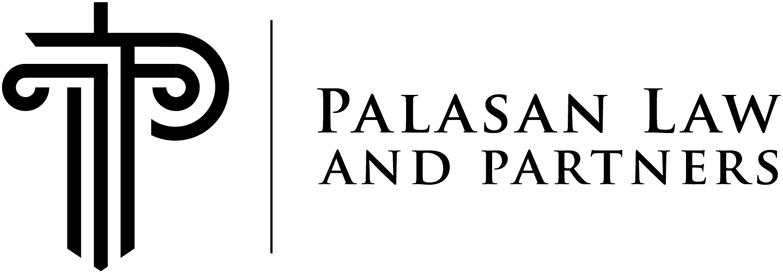During its session on August 22, 2023, the Court En Banc promulgated its 11-page Per Curiam Decision imposing the supreme penalty of disbarment on Atty. Ariel D. Maglalang for fabricating a supposed Order dated August 2, 2006 in Civil Case No. 206-16977, granting a purported petition for presumptive death of his client’s husband.
Atty. Maglalang made it appear that he filed the said petition on behalf of his client who, in reality, directed him to file not a petition for presumptive death but a petition for nullity of marriage. He also made it appear that the petition was heard and granted by Judge Ray Alan T. Drilon of the Regional Trial Court, Branch 41, Bacolod City.
Sometime in February 2006, Atty. Maglalang was engaged as counsel by his client to initiate a petition for declaration of nullity of marriage, for which he asked and received PhP100,000.00. He guaranteed to his client that he could get a favorable judgment in three months. Despite several follow-ups, however, Atty. Maglalang failed to update his client on the case status. In November 2006, he eventually gave his client the Forged Order which essentially declared his client’s spouse presumptively dead “for all purposes” pursuant to Article 390 of the Civil Code.
In 2008, Judge Drilon and Clerk of Court Atty. Corazon Romero learned of the existence of the Forged Order and sought the assistance of the National Bureau of Investigation (NBI), which eventually led to the filing of the administrative case against Atty. Maglalang.
In determining Atty. Maglalang’s liability, the Supreme Court applied the recently promulgated Code of Professional Responsibility and Accountability (CPRA), which took effect on May 29, 2023. The CPRA explicitly provides that its provisions “shall be applied to all pending and future cases, except to the extent that its retroactive application would not be feasible or would work injustice, in which case the procedure under which the cases were filed shall govern.”
The Court reiterated the presumption that in the absence of satisfactory explanation, one who is found in possession of a forged document and who used or uttered such is presumed to be the forger.
Applying this in the present case, the Court was convinced, based on the evidence, that Atty. Maglalang authored and used the Forged Order. First, he was identified by his client as the source of the Forged Order. Second, this was duly corroborated by a witness who personally saw Atty. Maglalang give the Forged Order to his client. Third, this was also confirmed by the NBI after confidential investigation.
Consequently, the Court ordained that Atty. Maglalang’s authorship and use of the Forged Order contravene Canon II on Propriety and Canon III on Fidelity of the CPRA. His acts evince his disrespect for the rule of law and the courts. Further, his use of the Forged Order reflects poorly on his fitness to practice law, and brings discredit upon the entire legal profession.
Under the CPRA, falsification of documents is a serious offense. A serious offense may be sanctioned with any or a combination of the following penalties: (a) disbarment; (b) suspension from the practice of law for a period exceeding six months; (c) revocation of notarial commission and disqualification as notary public for not less than two (2) years; or (d) a fine exceeding PhP100,000.00.
Given the evidence and circumstances, the Court found the supreme penalty of disbarment against Atty. Maglalang in order.
The Supreme Court Public Information Office will upload a copy of the Court’s Decision in A.C. No. 8471 (Judge Drilon and Atty. Romero v. Atty. Maglalang, August 22, 2023) once it receives the same from the Office of the Clerk of Court En Banc. (Courtesy of the Supreme Court Public Information Office)

